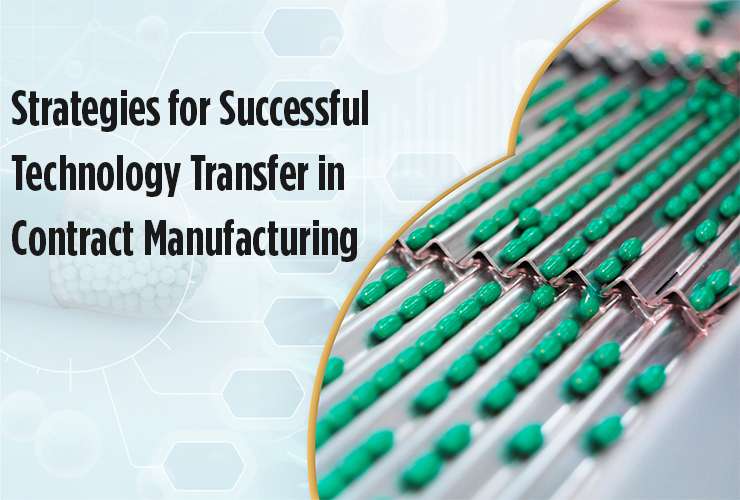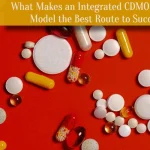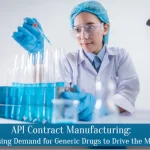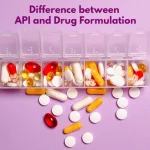

Pharmaceutical third-party manufacturers have helped to gain the cutting edge over the market in the pharmaceutical industry. It has brought technology, advancement, and progression at different levels to serve the industry with the finest products, excellent results, and an escalating growth rate. This could only be possible with their exceptional qualities of transferring technology at different levels.
Technology transfer is considered one of the most crucial processes in the pharmaceutical industry. It generally signifies the process of transferring information, knowledge, technology, and expertise from one stage or organization to another. This technology transfer is a very common process and typically occurs at various stages of drug formulations from basic research and development to producing and then to commercialization.
Effective technology transferring with transparency and efficiency always remains fundamental with pharmaceutical third-party manufacturers. They are skilled specialists holding the required expertise to keep a thorough check on their every move toward perfect technology transfer. They make it obvious by following these specified processes:
- This transfer is common when pharmaceutical third-party manufacturers own the manufacturing processes. They clearly define the scope, objectives, and deliverables of the transfer which includes specifying the precise expertise, processes, and specifications that need to be transported to the contract manufacturer.
- To keep the processes perfect and in-line, choosing the right and expert contract manufacturers is quite essential. They are assessed on their experience, growth, capacities, and track record of successfully shaping this technology transfer process.
- They move with a foolproof plan where they outline the steps, timelines, and responsibilities for both the associates. This further includes an all-inclusive understanding of the technology, equipment, and infrastructural requirements, validation plan, training programs, and quality control processes.
- They establish effective communication channels so that transfer processes can be smooth and if raised with any concern can be dealt with efficiently. This communication is made possible through adopting different channels.
- Any plan or idea can be materialized with the people being trained or equipped to make it a possibility. Working on the same line, the staff or associate members are highly trained. This training is custom-made to the exact technology being transferred and covers all features, including the usage of apparatus, functioning procedures, quality control procedures, and troubleshooting techniques.
- Quality control processes are placed well in the system so that required quality standards can be adhered to throughout the transfer process. Consistent reviews, examinations, and testing are conducted to authenticate agreement with the agreed-upon specifications.
- They maintain a track record of every step which helps them to reflect upon their performance. They prepare a detailed summarised report to reexamine their stated strategies and ensure the steps are being considered rationally as per the plan. This documentation helps for further transfer of technology or at the time of any problem to be looked for a solution.
- They always hold a plan of contingencies which helps them to alter the process in case any problem arises in the ongoing plan. This helps to address any untoward happening, loss, and quick address of any concern which further helps to keep the manufacturing processes ongoing.
Akums Drugs and Pharmaceuticals Ltd.
Akums Drugs and Pharmaceuticals Ltd is a proficient pharmaceutical manufacturer in Indiaz that is known for its expertise and mastery in the technology transferring approach. They hold a worthwhile association that is utilized, encashed, and appreciated at all levels and serves as a stepping stone for the success and expansion of their associates.
FAQS
Q1. How is technology transfer process get defined in the pharmaceutical industry?
Technology transfer signifies the process of transferring information, knowledge, technology, and expertise from one stage or organization to another. This process typically occurs at various stages of drug formulation from basic research and development to production and then to commercialization.
Q2. Why do pharmaceutical third-party manufacturers keep a plan of contingencies during technology transfer?
Pharmaceutical third-party manufacturers value the time and requirements of their associates and always hold a plan of contingencies that help them to alter the process or plan in case any problem arises in the ongoing strategy. This helps them to address any untoward happening, or loss, and quickly address any concern which further helps to keep the manufacturing processes ongoing.



